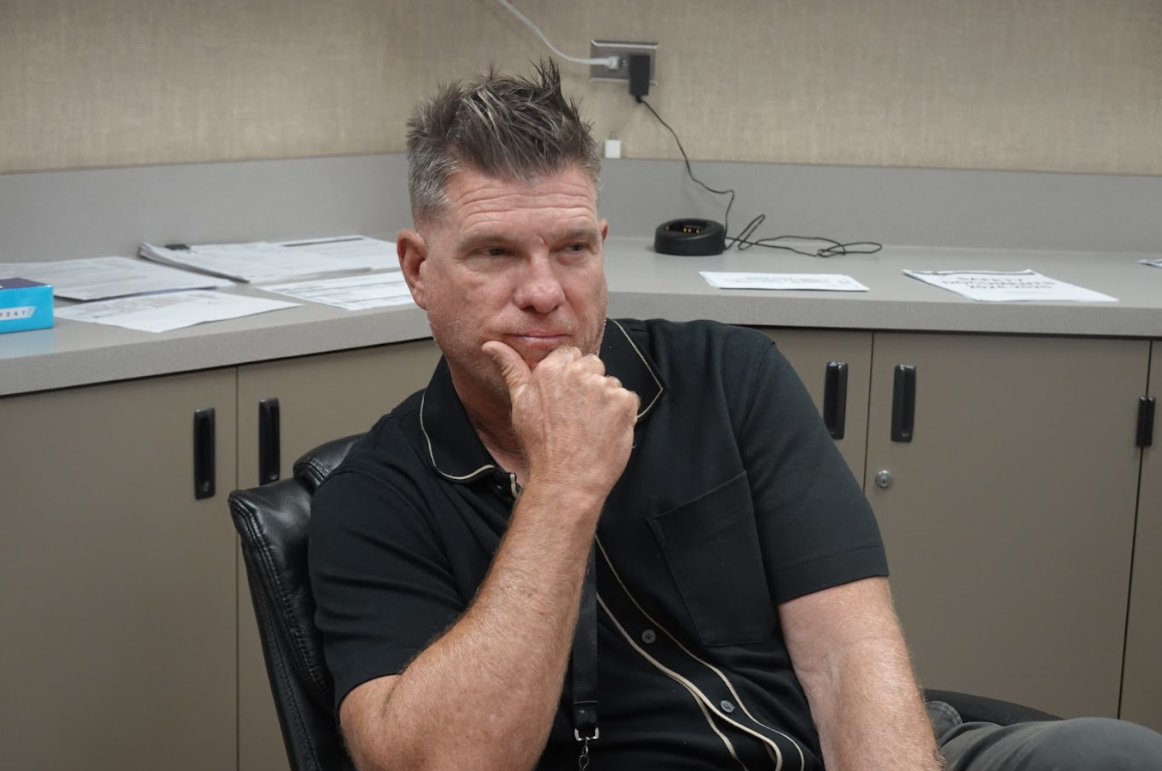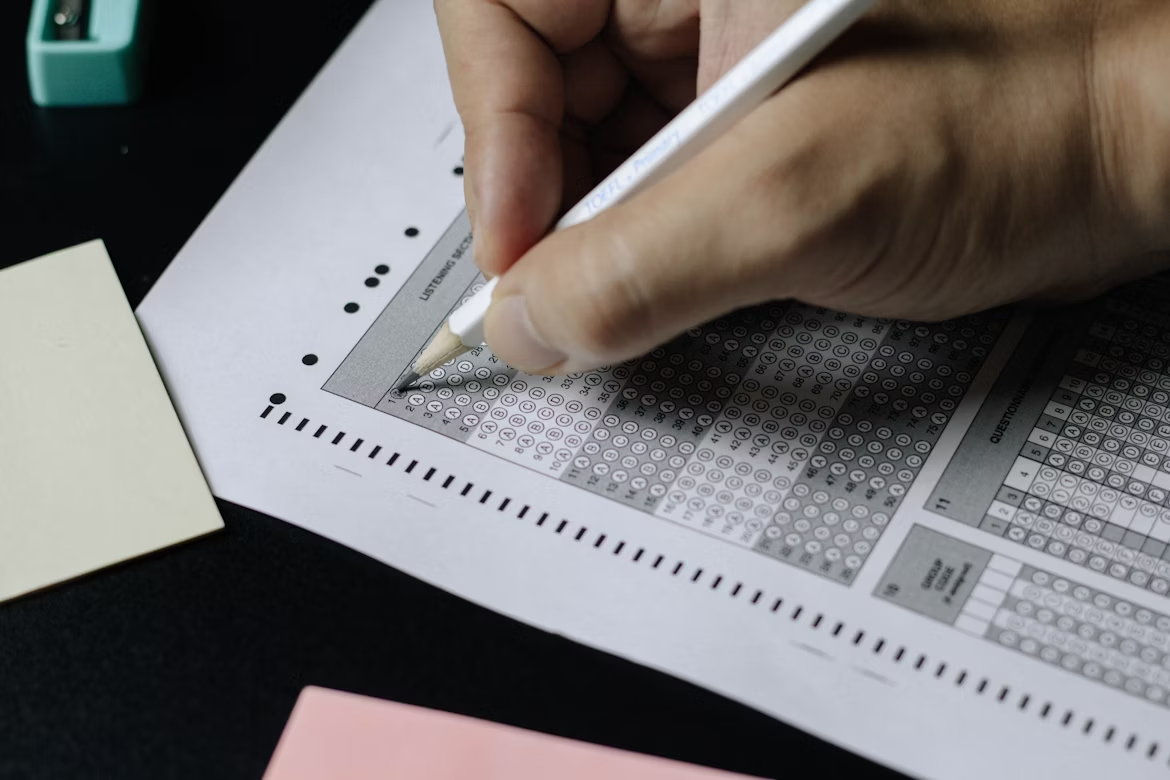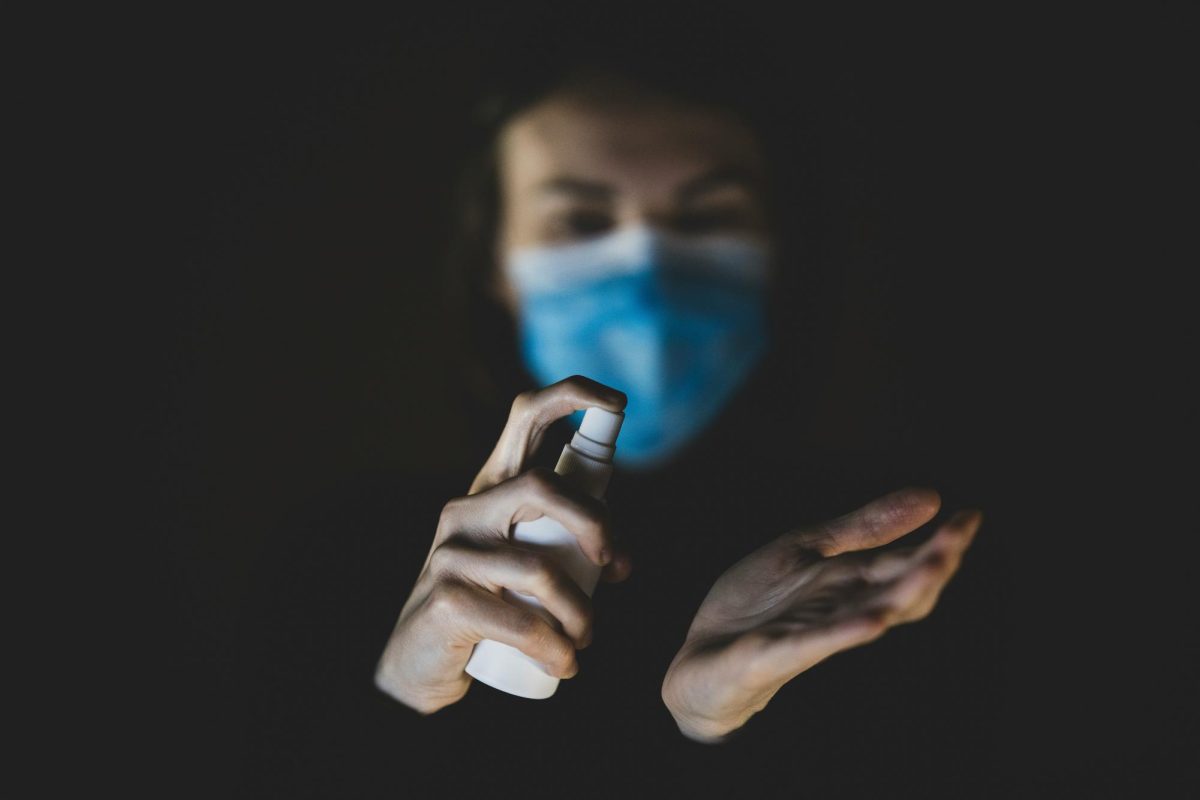On Feb. 29, students at the University of Georgia (UGA) are back in class following the apprehension of Jose Antonio Ibarra, 26, who has been charged with the murder of Laken Hope Riley.
While the arrest has provided some reassurance, an undercurrent of unease lingers, prompting calls for increased safety measures on a campus that hadn’t experienced a homicide since 1996. Online petitions advocate for enhancements such as emergency call boxes to address the heightened concerns.
Riley, a former UGA student, met a tragic end on Feb. 22, 2024 near the intramural fields after a morning run. Ibarra, a Venezuelan citizen residing in Athens without lawful entry, was arrested in connection with the crime. Authorities confirm no known affiliation between Ibarra and the university, dispelling beliefs of any connection with Riley.
The usually bustling university has a subdued atmosphere, highlighting the prevailing anxiety.
Students express the need for improved lighting and emergency call boxes to foster a sense of security. While well-lit areas on campus are appreciated, concerns persist, particularly during walks to apartment complexes, evoking a feeling of vulnerability. Even routine activities like walking to a morning bus prompt vigilance, revealing the profound impact on daily life.
Mariam Taheri (12) says, “This murder was definitely a wake-up call for a lot of people and will have students being more careful where they are and when they’re there. It’s something scary that students, especially at UGA, must now cope with.”
UGA administrators have responded to student and parental worries with reassurances and proactive measures. The university has allocated an additional $16 million over eight years to aid in security. President Jere Morehead approved $1.7 million for technological upgrades, including enhanced cameras and lighting, just a day before the tragic incident.
Dan Silk, Associate Vice President for Public Safety, emphasized the ongoing commitment to safety, acknowledging the absence of a perfect safety guarantee. In light of recent events, UGA leaders plan to review safety strategies, including reconsidering the removal of emergency call boxes in 2004.
The removal of these call boxes, also known as “blue light” stations, was attributed to the widespread adoption of cellphones, rendering the analog system costly to upgrade. However, the sentiment for their reinstallment is echoed by over 25,000 signatures on an online petition, emphasizing their potential role in enhancing campus safety.
UGA’s campus safety app, UGA Safe, has witnessed a 30% increase in downloads in recent days. In addition to petitions, nonprofit organizations like SafeD Athens are advocating for a comprehensive safety assessment, the introduction of safety ambassadors for nighttime escort services, increased lighting and surveillance cameras, and an expanded police jurisdiction beyond the campus borders.
Asal Flodius (12) says, “I think it’s crucial for schools to have extra safety measures to ensure students are safe and feel comfortable walking around campus at all times. Safety fosters an environment where students can better learn.”
Students highlight the reliance on ride-sharing services like Uber or Lyft as a safety measure during early morning or nighttime hours. The UGA Ride Smart program, offering discounted Lyft rides, has seen significant usage, nearing 70,000 rides since its launch two years ago.
An email to parents outlines steps already taken by UGA to address safety concerns, including increased police presence around evening class buildings, student centers and libraries. Despite these measures, there is a prevailing sense of caution among students and the wider community.
Many students now have heightened awareness on the exercise trails following Riley’s tragic incident. The hope is for a collective effort to restore a sense of security, allowing everyone in the school community to feel comfortable and safeguarded during outdoor activities.







